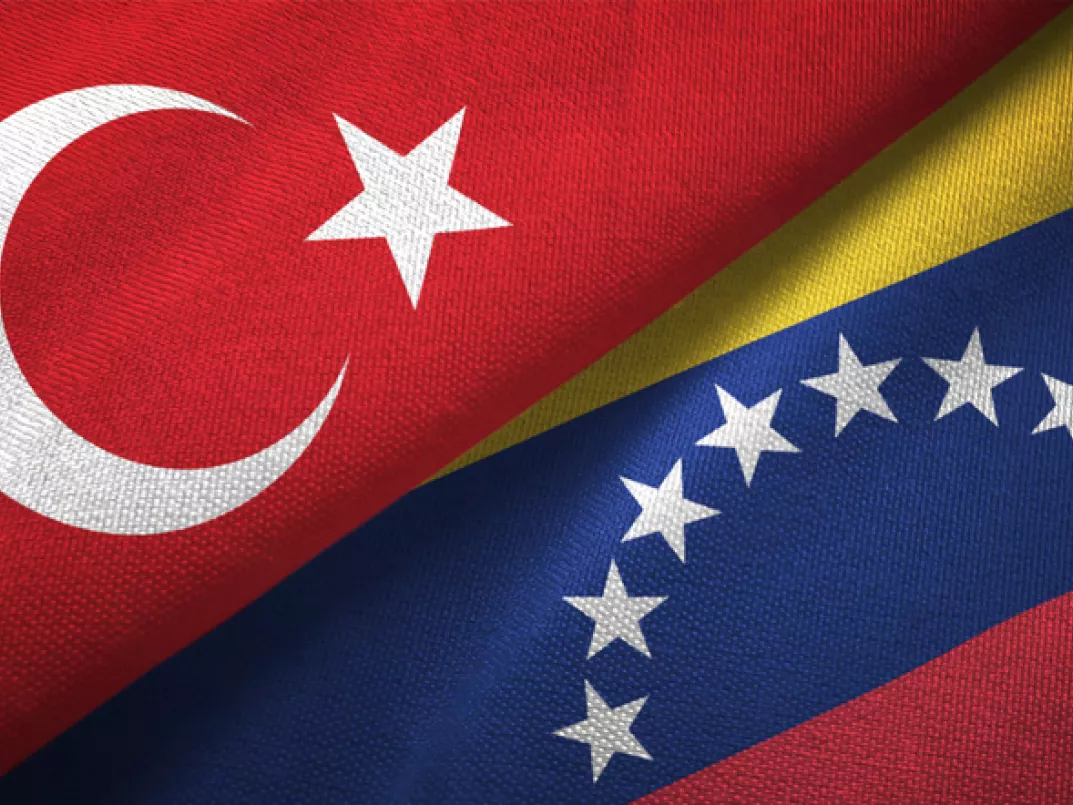
Divided Opposition: Resource Asymmetry, Elections, and Protests in Electoral Autocracies
Artikkelen forklarer hvorfor opposisjonspartier i autoritære regimer ofte forblir splittet. Den viser at ressursasymmetri, altså ulik tilgang til økonomiske, og organisatoriske ressurser, skaper rivalisering i stedet for samarbeid. I tillegg fungerer valg og protester som stresstester som forsterker interne skiller snarere enn å samle opposisjonen. Analysen bygger på sammenlignende studier av Venezuela og Tyrkia.
Publisert i Forskningsaktuelt Tirsdag 4. november, 2025 - 10:20 | sist oppdatert Tirsdag 4. november, 2025 - 10:26
Forfatter
Jonas Bergan Dræge
Medforfatter
Maryhen Jimenez
Tidskrift
Political Studies
Abstract
Despite calls for strategic unity against authoritarian incumbents, opposition parties often struggle to coordinate on a shared strategy. Why? This article builds on existing scholarship by introducing two additional drivers of opposition fragmentation. First, we argue that resource asymmetry (financial, organizational, leadership disparities) fosters distrust and competition rather than cooperation within the opposition. Second, we show how extraordinary times—high-pressure moments such as protests or elections—serve as stress tests for strategic alignment, and ultimately drive fragmentation. While typically seen as opportunities to mobilize society against authoritarian regimes, these moments often reveal, deepen, or generate divisions among the opposition. Our theory is grounded in a comparative study of Venezuela under chavismo and Turkey under Recep Tayyip Erdogan. We draw on archival research, process tracing, and original interview data collected during iterative fieldwork in Spain, Turkey, and Venezuela between 2014-2024 to substantiate our argument.